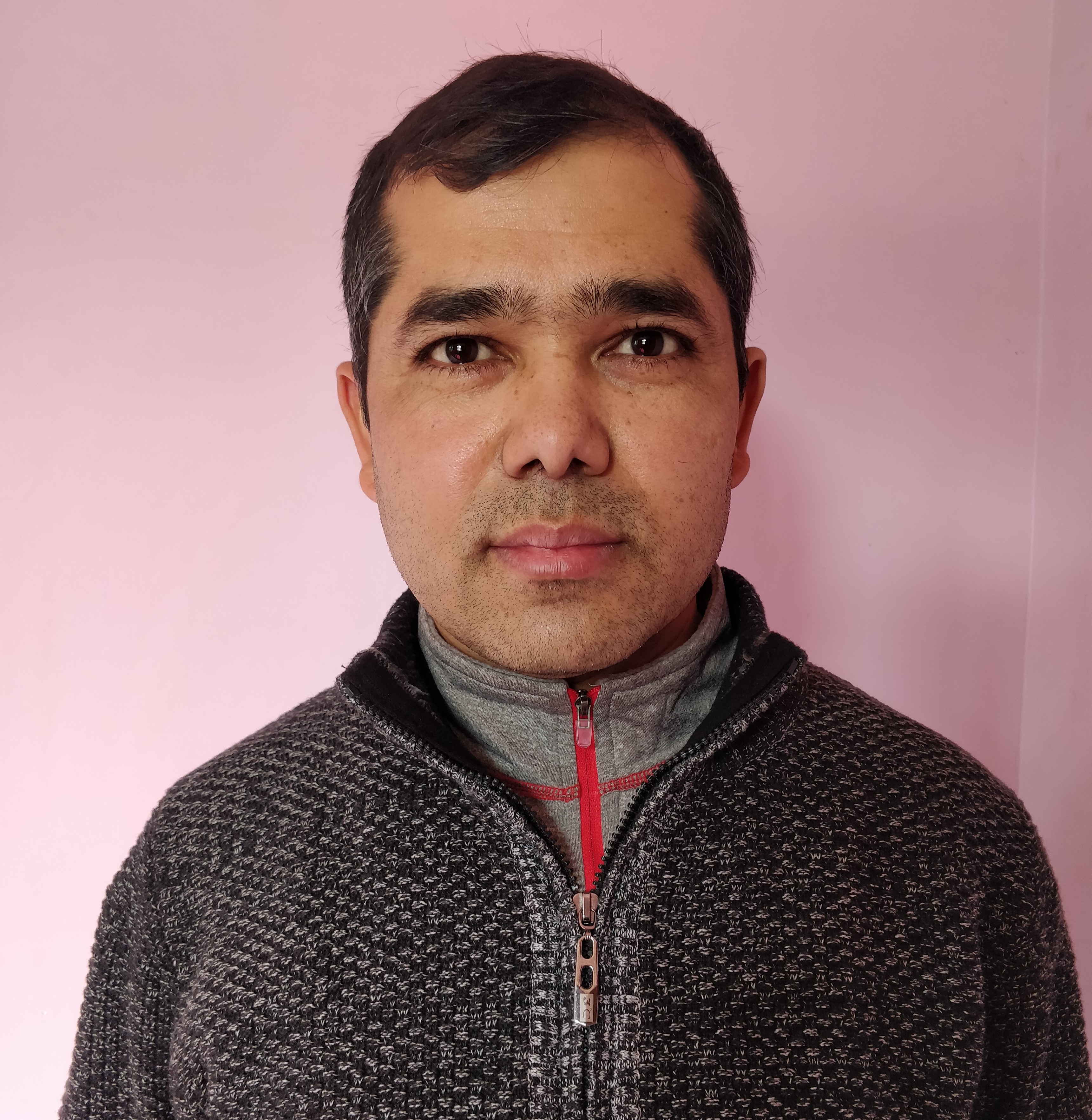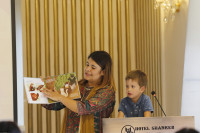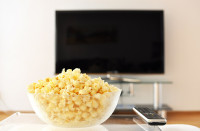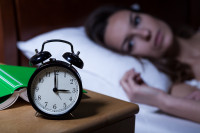Weekender
The struggle to keep up with your sleep pattern
With the pandemic still around, it isn’t difficult to pinpoint why so many of us are struggling to get our forty winks each night.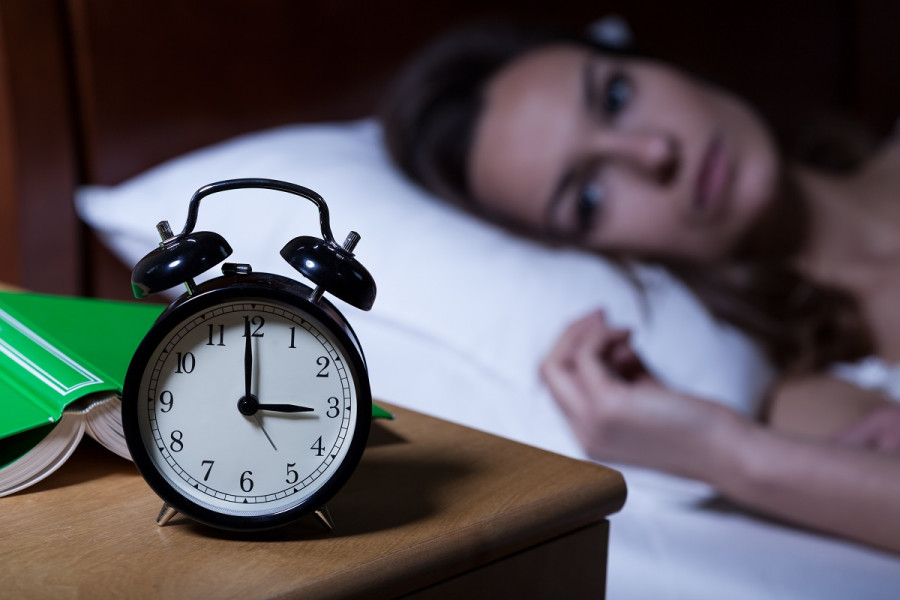
Jeebesh Rayamajhi
If the coronavirus pandemic has made it harder to fall asleep at night, you are not alone. With the majority of us dealing with disrupted routines, increased screen time from working from home, oddly-timed meals, and simple anxiety, the lack of proper sleep is understandable.
Theatre artist Raj Shah has lately been having episodes of sleepless nights. He blames the sedentary lifestyle that we all are compelled to cultivate, since the nationwide lockdown was imposed in March, as the main culprit of his sleep anxiety. "Before the pandemic, I used to engage in theatre workshops, performances, and meetings from dawn to dusk. I’d be tired by the end of the day and sleep would come easy. But now that I have plenty of time, it’s all in vain as I have a tough time getting a good night’s sleep," revealed Shah. He watched a number of movies and read books during the first two months of the lockdown, "then I felt like I was done watching all the movies of my interest and started feeling restless," he added.
Shah’s sleep anxiety has had an adverse impact on his health. "I had a mild level of hypertension before, but now it has worsened." He consulted with his cardiologist and is taking medicine for hypertension; however, he has not consulted with any sleep specialist. "After almost a week of sleepless nights, I suddenly recalled the time when I had been to Vipassanā retreat and I had a sleepless night there," he shared. He was scared then and was thinking of quitting the retreat halfway, but as he said a taped preaching of Goenka Guru (SN Goenka) changed the course of his thought. "Guru's words convinced me that simply lying in bed gives our body rest and meditating while not being able to sleep gives no lesser rest than sleeping does. I have started to take sleepless time as an opportunity," he claimed.
Studies claim that lack of sleep deteriorates our immune system, which is why sleep is more important than ever. Some experts believe that good sleep (between seven to eight hours a night) can reduce a person’s incidence of contracting a viral infection by a third. According to a study published by Sleep Foundation, sleep affects almost every type of tissue and system in the body—from the brain, heart, and lungs to metabolism, immune function, mood, and disease resistance. To add to this, Dr Saroj Prasad Ojha, Head of Psychiatry and Mental Health Department, Tribhuvan University Teaching Hospital (TUTH) says, "Lack of sleep increases the risk of disorders including insomnia, anxiety disorder and cardiovascular diseases."
Similarly, according to Dr Suraj Shakya, Clinical Psychologist at Tribhuvan University Teaching Hospital, the Covid-19 pandemic has disrupted our sleep in unexpected ways and the number of sleep anxiety cases is increasing. Coincidently Shakya echoes SN Goenka in terms of taking sleepless time as an opportunity, not as a hindrance. However, Shakya has a different reason: "Stress deprives us of sleep and the stress resulting from being unable to sleep could be more dangerous as it might lead you to the vicious circle of sleep anxiety. Taking the sleepless time as an opportunity is the key to get rid of sleep anxiety."
Shakya advises either to meditate or to engage oneself in tasks that are important to do or simply take a short break of about 5-10 minutes when we fail to sleep. Similarly, to have a better sleep he recommends to: Do some physical activity so that you get tired; maintain a regular sleep routine; reduce screen time; do no other activities like reading, watching television or spending time on screen in the bedroom; and more importantly get rid of the fear of not being able to catch the sleep.
Ojha stresses the importance of having a good night's sleep, "Our brain produces a healthy hormone called melatonin which helps us sleep once the lights go down. So, sleeping at night time with no bright lights on is far better than sleeping in the daytime."




 18.37°C Kathmandu
18.37°C Kathmandu